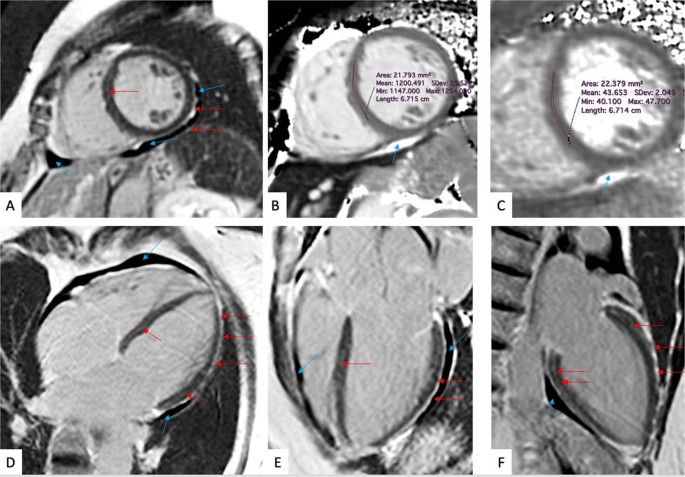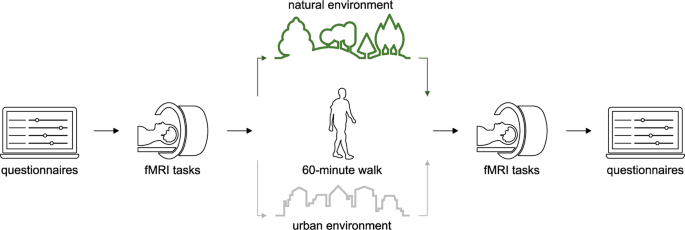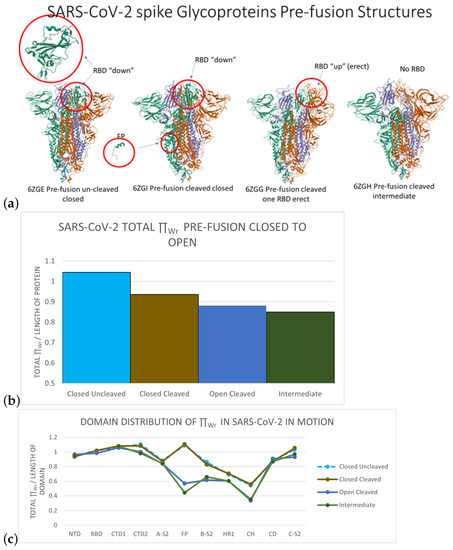2022-09-06 フランクフルト大学
医学者チームは、18歳から77歳までの346人(その半数は女性)を、SARS-CoV-2の感染が確認されてから約4カ月から11カ月後に追跡調査した。この目的のために、研究チームは研究参加者の血液を分析し、心臓MRIを実施し、標準化された質問票を使って症状を記録し、等級付けを行った。
その結果、73%が研究開始時に心臓の問題を訴え、57%がSARS-CoV-2感染から11ヵ月後にこれらの症状が持続していた。研究チームは、心臓の構造的な変化を伴わない、軽度だが持続的な心臓の炎症を測定した。トロポニン(心筋が損傷したときに血液中に入るタンパク質)の血中濃度もまた、特筆すべきものではなかった。
<関連情報>
- https://aktuelles.uni-frankfurt.de/englisch/long-covid-after-mild-sars-cov-2-infection-persistent-heart-inflammation-might-explain-heart-symptoms/
- https://www.nature.com/articles/s41591-022-02000-0
COVID-19の初発症状が軽度の人における長期的な心病態について Long-term cardiac pathology in individuals with mild initial COVID-19 illness
Valentina O. Puntmann,Simon Martin,Anastasia Shchendrygina,Jedrzej Hoffmann,Mame Madjiguène Ka,Eleni Giokoglu,Byambasuren Vanchin,Niels Holm,Argyro Karyou,Gerald S. Laux,Christophe Arendt,Philipp De Leuw,Kai Zacharowski,Yascha Khodamoradi,Maria J. G. T. Vehreschild,Gernot Rohde,Andreas M. Zeiher,Thomas J. Vogl,Carsten Schwenke & Eike Nagel
Nature Medicine Published:05 September 2022
DOI:https://doi.org/10.1038/s41591-022-02000-0

Abstract
Cardiac symptoms are increasingly recognized as late complications of severe acute respiratory syndrome coronavirus 2 (SARS-CoV-2) infection in previously well individuals with mild initial illness, but the underlying pathophysiology leading to long-term cardiac symptoms remains unclear. In this study, we conducted serial cardiac assessments in a selected population of individuals with Coronavirus Disease 2019 (COVID-19) with no previous cardiac disease or notable comorbidities by measuring blood biomarkers of heart injury or dysfunction and by performing magnetic resonance imaging. Baseline measurements from 346 individuals with COVID-19 (52% females) were obtained at a median of 109 days (interquartile range (IQR), 77–177 days) after infection, when 73% of participants reported cardiac symptoms, such as exertional dyspnea (62%), palpitations (28%), atypical chest pain (27%) and syncope (3%). Symptomatic individuals had higher heart rates and higher imaging values or contrast agent accumulation, denoting inflammatory cardiac involvement, compared to asymptomatic individuals. Structural heart disease or high levels of biomarkers of cardiac injury or dysfunction were rare in symptomatic individuals. At follow-up (329 days (IQR, 274–383 days) after infection), 57% of participants had persistent cardiac symptoms. Diffuse myocardial edema was more pronounced in participants who remained symptomatic at follow-up as compared to those who improved. Female gender and diffuse myocardial involvement on baseline imaging independently predicted the presence of cardiac symptoms at follow-up. Ongoing inflammatory cardiac involvement may, at least in part, explain the lingering cardiac symptoms in previously well individuals with mild initial COVID-19 illness.


